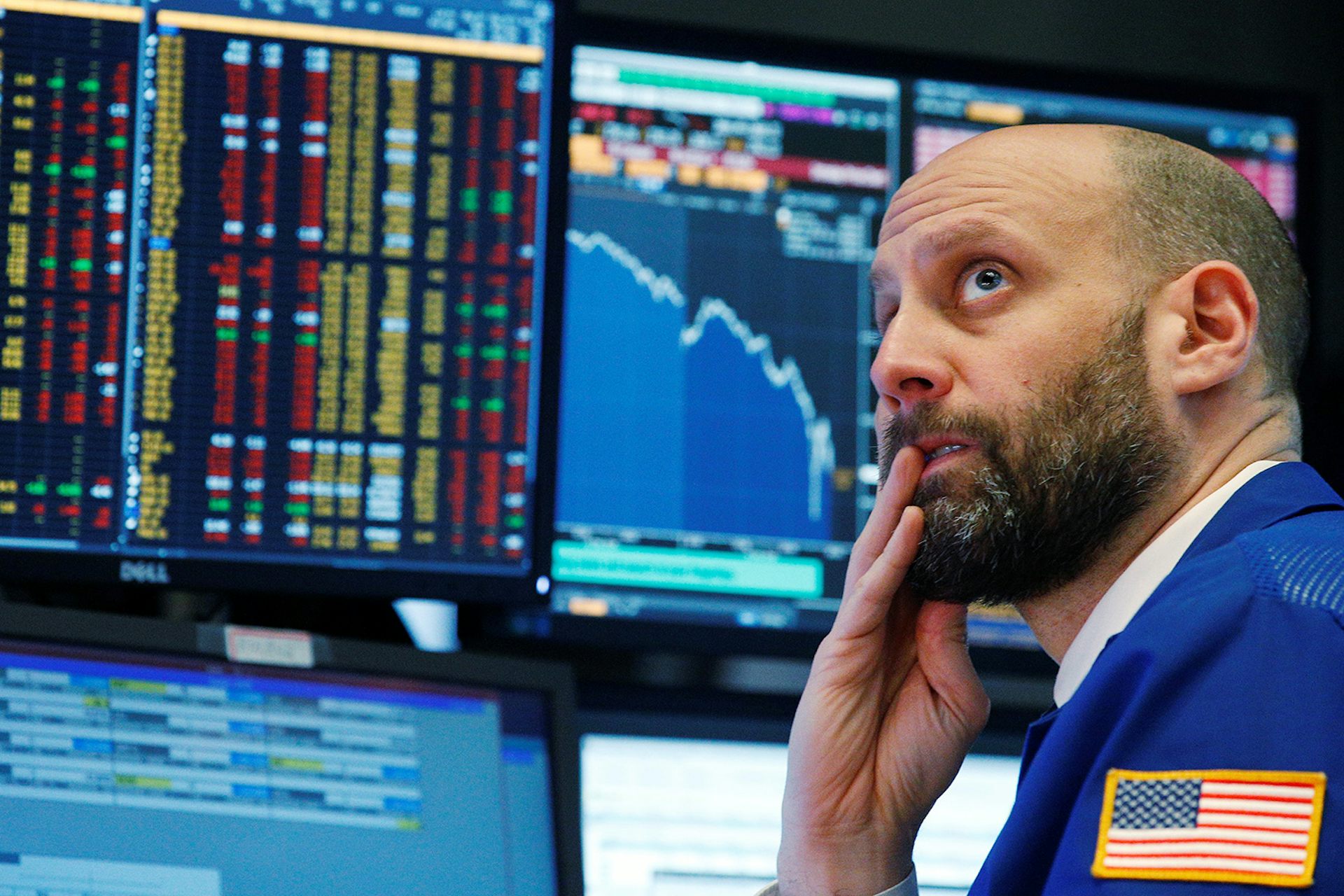
The global economy is right in the middle of a significant transition, in other words, as rich economies try to normalise policy while China tries to rebalance. Tighter monetary conditions in America have led to reduced capital flows to big emerging economies, to a rising dollar, and to more difficult conditions for firms and governments with dollar-denominated loans to repay. Emerging markets have also been squeezed by the Fed, which has been preparing the world economy to expect the first interest rate rise in nearly a decade in September. Today's Chinese-market meltdown seems to have been driven by disappointing data on Friday, which suggested that China's industrial activity is slowing sharply, and by the failure of the Chinese government to unveil bold new market interventions today to prop up equity prices.Ī weakening outlook for Chinese growth, and a slip in China's currency, have combined to put pressure on other emerging economies-and especially those whose growth model depends on Chinese demand for industrial and other commodities. More than $5 trillion has been wiped off on global stock prices since then. The proximate cause for all this is a chain of events that began with the surprise devaluation of the yuan on August 11th. Two immediate questions arise: what has caused the jitters in markets, and how much should investors worry? The first is the easier to answer the sea of red is down to China and the Fed. Even gold is down: investors who used it as collateral for buying shares and other assets are having to flog it to meet margin calls. Only safe-haven assets such as government bonds issued by the likes of America and Germany are having good days. A broader index of 22 commodities compiled by Bloomberg is at its lowest since 1999. Emerging-market currencies from the South African rand to the Malaysian ringgit are tumbling. Germany’s DAX has now lost all the gains it made in 2015. The Eurofirst 300 index has had its worst day since 2009.

The Dow opened down more than 1,000 points stocks have since regained some ground but the main indices are still down about 4%. The Nikkei index in Japan slipped by 4.6%.
The nervousness has radiated outward from China. The People's Daily, the Communist party's mouthpiece, declared the day "Black Monday".
When markets in Shanghai closed on Monday, stocks were down 8.5%-the Shanghai Composite’s worst single-day fall in eight years and, given the daily limits on how far individual stocks can fall, very nearly the biggest possible decline. Yet the plunge that started in Asia (and which followed a nasty drop in American markets on Friday) has continued to gather momentum. IT BEGAN innocently enough, with a fall in markets in China that might, at the outset at least, have been mistaken for the healthy clearing of froth from the world's frothiest stockmarket.


 0 kommentar(er)
0 kommentar(er)
